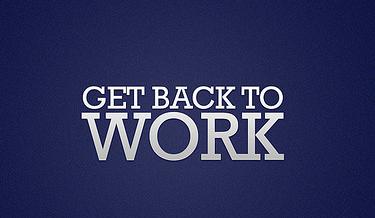
If the earth belongs to the people, then whatever is paid for the use thereof belongs to them in some equitable fashion also. Therefore, beyond what’s needed for legitimate government purposes, there would seem to be enough for a considerable “citizen’s dividend” for everyone. Plenty of discussion on this subject can be found here.
My guess is that it would likely be enough to replace most of the aid programs which provide funds — rarely enough but maybe better than nothing — to low income people. One advantage is that it could be administered at relatively modest expense. A related advantage is that it can probably be made to work, with everyone getting what they’re entitled to. This latter aspect is what came to mind when I read this NY Times article, in which a Georgetown law professor summarizes “a litany of automation and contracting meltdowns” whereby the poor were unable to obtain benefits to which they were entitled under various aid programs and which may have been essential to their support.
His point seems to be that, while healthcare.gov suffered major problems initially, it was soon repaired because its failure affected many non-poor people. (I have no idea how well-repaired it might be, but will assume he is correct about this.) He does not mention the citizens dividend, perhaps is unaware of it, or maybe ignores it because it would likely reduce the demand for lawyers. But he makes the case. A regular check for everyone, as a just entitlement, would be a far simpler system than most of the means-tested (and otherwise-restricted) aid programs which cost taxpayers so much money.
And while we’re on the subject of means-tested programs, consider this:
[I]f a single mother has two children in childcare and she’s making $36,000, she’ll pay about $310 a month for childcare. Then, if she gets a raise to $37,000, she’ll need to pay $1,200 a month for childcare because of the loss of a subsidy.
Of course, it needn’t be a raise, it might just be a decision to work a bit of overtime. I have written about this before and I will probably have to write about it again. Means-tested aid is a disgrace.



